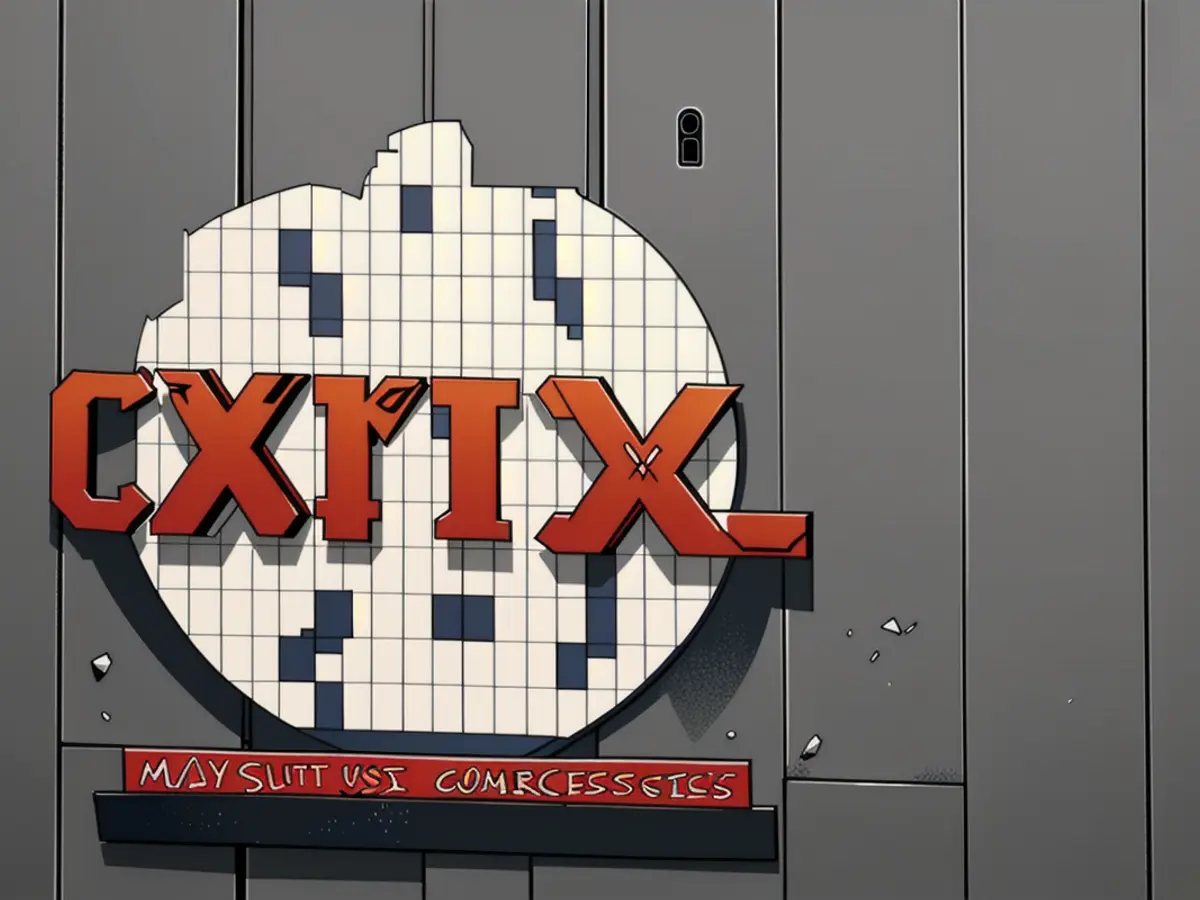Title: TSMC Predicts Continued Growth for Years Ahead
In the bustling world of AI applications, Taiwan's semiconductor giants are reaping the benefits. For TSMC, Apple and Nvidia's primary supplier, it's a gold rush era. A staggering two-digit billion figure graced their balance sheet alone in the final quarter, hinting at a promising future.
Taiwan Semiconductor Manufacturing Co. (TSMC), the world's largest chip contract manufacturer, is riding the AI wave with ease, outmaneuvering the fierce competition between the US and China. The company's leadership anticipates a substantial spike in AI revenue by 2025. A similar growth trajectory is forecasted for the current quarter.
By the end of the final quarter, TSMC boasted a 57% increase in cash reserves, equivalent to a whopping 11.1 billion euros. Revenue saw a meteoric rise of 35%, reaching an impressive 25.6 billion euros. For the entire year, the company reported a revenue surge of over one-third. The gross margin remained steady at 59% within the projected range.
TSMC's CEO, C.C. Wei, foresees a jaw-dropping doubling of revenue from AI-related servers and processors by 2025. In 2024, this segment accounted for an astounding 18% of the company's total revenue, which tripled from the previous year. TSMC expects a robust 20% growth rate for the entire company for the coming year. The momentum in the AI sector is just beginning, the management declared. They anticipate a steady 20% yearly growth rate even from the high base in 2024.
Investments for the forthcoming year are anticipated to increase by 41%, amounting to between 38 and 42 billion euros. Though factory setup costs abroad may slightly impact the margin, the company remains optimistic about re-attaining the 57-59% gross margin in the current year.
Despite the impressive revenue growth, TSMC recently found itself in the crosshairs of the US-China chip war after the detection of its technology in Huawei's AI chips. In response, the US imposed new restrictions on chip manufacturers, including TSMC, requiring them to secure licenses for transactions involving advanced semiconductors in China. TSMC's CEO, C.C. Wei, downplayed the impact of these matters as "not significant" and "manageable". The company is actively collaborating with its customers.
On the positive side, TSMC's significant investments in new factories in Arizona have sparked optimism among analysts. Brett Simpson, co-founder of research firm Arete, asserts that TSMC's multi-billion-dollar investment positions it well to foster cordial relations with the new US government. Edward Chen, head of the investment banking division of Fubon Financial, however, urges caution, stressing the need to monitor potential US tariffs and plant yield rates in the new factories.
TSCM's shares experienced a remarkable surge of 81% in Taiwan last year, driven by robust AI demand. As a result, Taiwan became the strongest-performing major Asian stock market in 2024, with a gain of 28%.
The recent TSMC figures have influenced a positive sentiment in the semiconductor industry, with Infineon, a prominent German company, witnessing substantial share price growth. BE Semiconductor and ASML's stocks also observed significant increases of 7% and 4.8%, respectively. The European sector index surged by up to 2.2% at its peak.
TSMC's significant investments in new factories, including the one in Arizona, are primarily aimed at strengthening its relationship with the US government. Taiwan's semiconductor giant, TSMC, continues to see growth in its AI-related revenue, with a projected doubling by 2025.




